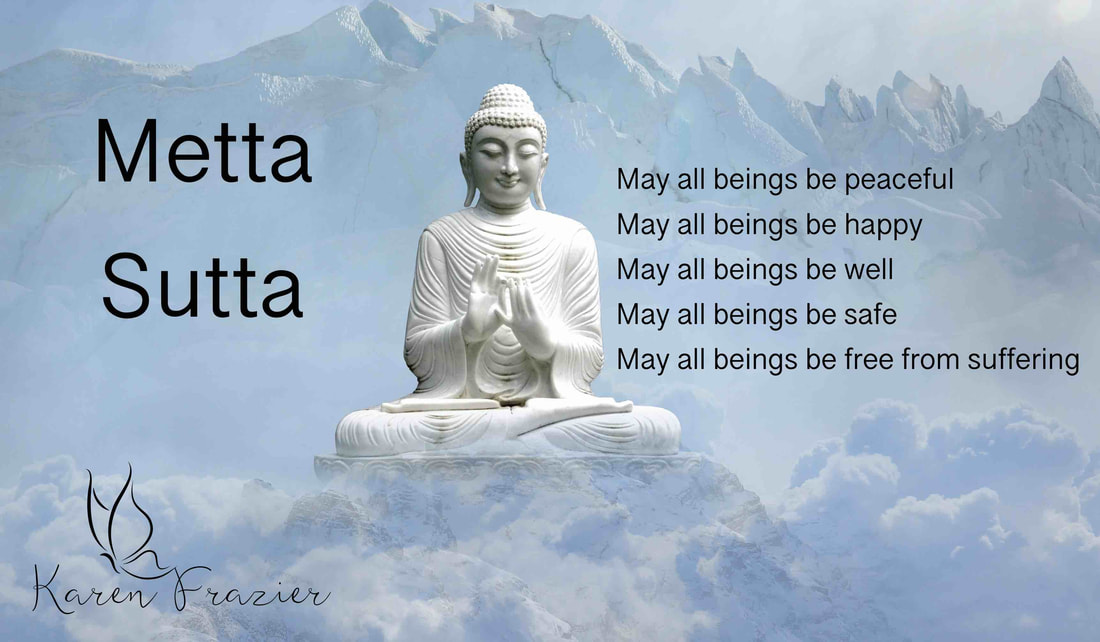- Generosity,
- Discipline,
- Patience,
- Diligence,
- Meditative concentration,
- Wisdom.
Perfection of Generosity, the first of the six paramitas, is defined as an attitude of giving. Generosity is divided into :
- material giving,
- giving the Dharma, and
- giving protection from fear.
You should practice these three kinds of generosity according to your capacity. At the very least, you should offer sur (burnt offerings) and water tormas, since this offering incorporates all three kinds of giving.
- It enables us to avoid all of the problems that arise from acting, speaking, and thinking harmfully. It creates a basis of trust with others, which is the foundation for true friendship.
- It helps us to overcome our compulsive negative behaviour and develop self-control, leading to a calmer, more stable mind.
- The Bodhicharyavatara teaches the complete Mahayana path to enlightenment, including all necessary preliminary, main, and concluding practices. A perfect path in itself, it is also, at the same time, a perfect support for all practitioners of the Vajrayana teachings in general. Practitioners learn how to develop the motivation of Bodhichitta as well as how to carry out the application of the six paramitas, or transcendental perfections. They learn how to fuse their practice of bodhichitta and the five first perfections with the sixth perfection, wisdom.
Opportunity for patience - "Patience consists of being patient when wronged, having the patience to bear hardships for the Dharma, and having the patience to bear the profound truth without fear."
- "There are various situations that require our patience, beginning with the following four:
-
- When someone treats us with contempt,
- Addresses us with harsh words,
- Slanders us behind our backs,
And similarly, when these four are done to our teachers or our friends and relatives,
- Or:
-
- When our enemies and those who oppose us find pleasure and wellbeing,
- When they receive honours and rewards,
- When they are offered praise,
- Or when people speak well of them.
- In addition, there are also those situations in which their opposites, the twelve desirable circumstances, are prevented from occurring, making a total of twenty-four opportunities for us to practice patience.
- When any of these occur, we must avoid becoming disheartened by the events themselves or the suffering they bring and instead accept the suffering. We must not become angry with those involved, but disregard the harm they do to us and settle the mind in meditation upon the reality of profound emptiness.
- In this way, by multiplying each instance a further three times, we arrive at seventy-two types of patience in which to train." Donations for our Buddhist research and developmentDo you earnestly cherish our devoted work? Assuming this is the case, we are delighted that you are finding our blog useful and valuable. Would you consider making a donation for our Buddhist research and development?We need your help to secure the future of scholarly interaction with Buddhism. Since our very first publication of Dharma works and activities in 2008, we have been effortlessly providing free distribution of Dharma posts and articles throughout the previous 14 years. We have exceptionally constrained support and do not receive subsidies or funding from people in general.Please help us develop our Dharma activities that will not only benefit you but all Dharma readers on the planet. Please consider showing your support. Your generosity will certainly help us enhance our work and accomplish more for a better and brighter future.Thank you for reading. May you find peace and great bliss. With your support, it helps to spread the Buddha’s precious teachings and turn the Dharma wheels in the world.Aspiration For BodhichittaFor those in whom the precious Bodhichitta has not arisenMay it arise and not decrease.But increase further and further.Dedication of MeritBy this merit, may we then obtain omniscience then.Having defeated the enemies wrongdoingsMay we liberate migratory from the ocean of existence.With its stormy waves of birth, old age, sickness, and death.*NoteI do not own or infringe any copyright on the picture(s).Picture(s) courtesy and credit to the rightful distributors and/or studiosThe picture(s) are intended for editorial use only.


































